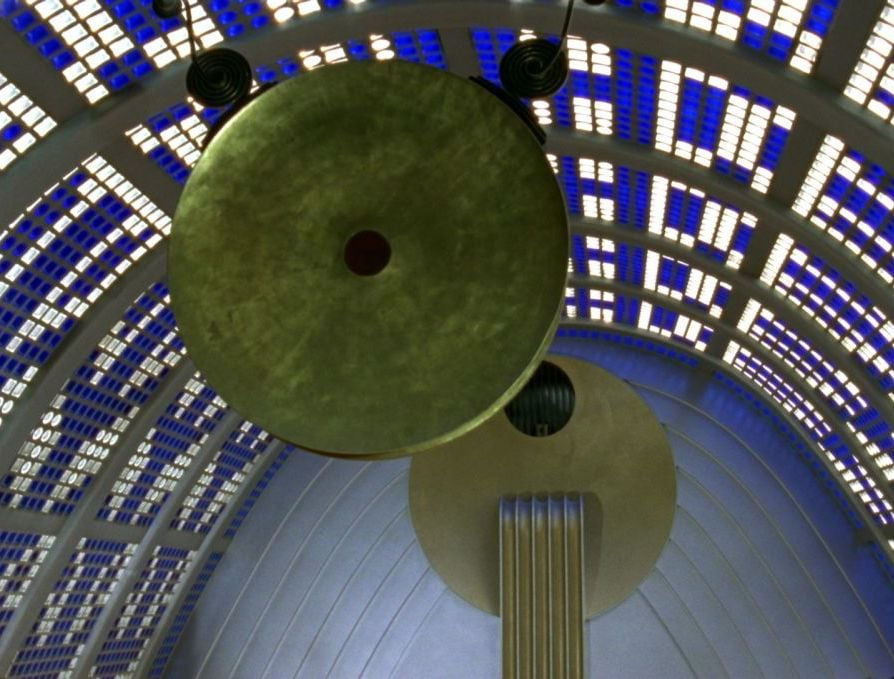Dvir / Paris
Gallery Hours
Tuesday – Thursday: 11:00 – 19:00
Friday – Saturday: 12:00 – 19:00

* denotes required fields
We will process the personal data you have supplied in accordance with our privacy policy (available on request). You can unsubscribe or change your preferences at any time by clicking the link in our emails.
Dvir / Paris
Gallery Hours
Tuesday – Thursday: 11:00 – 19:00
Friday – Saturday: 12:00 – 19:00
Dvir / Tel Aviv
Shvil HaMeretz 4, 2nd floor
Tel Aviv-Yafo, Israel
Gallery Hours
Thursday: 10:00 – 17:00
Friday – Saturday: 10:00 – 14:00
And by appointment
Dvir / Brussels
T. +32 486 54 73 87
This website uses cookies
This site uses cookies to help make it more useful to you. Please contact us to find out more about our Cookie Policy.